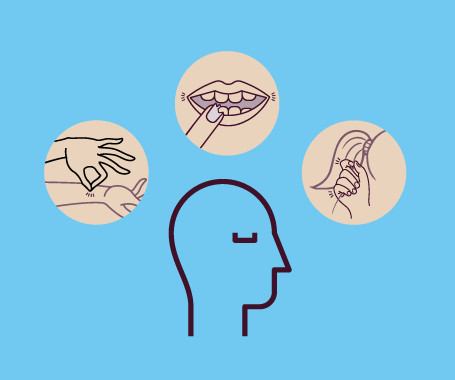Transforming the Views on OCD
MQ Mental Health
OCTOBER 25, 2022
At twenty-seven years old, I was diagnosed with OCD (Obsessive-compulsive Disorder). The thoughts then shifted to Harm OCD , which refers to a subset of OCD involving aggressive, intrusive thoughts about doing violence to someone - it is incredibly distressing. I was unaware of the dire straits OCD sufferers were in.
















Let's personalize your content